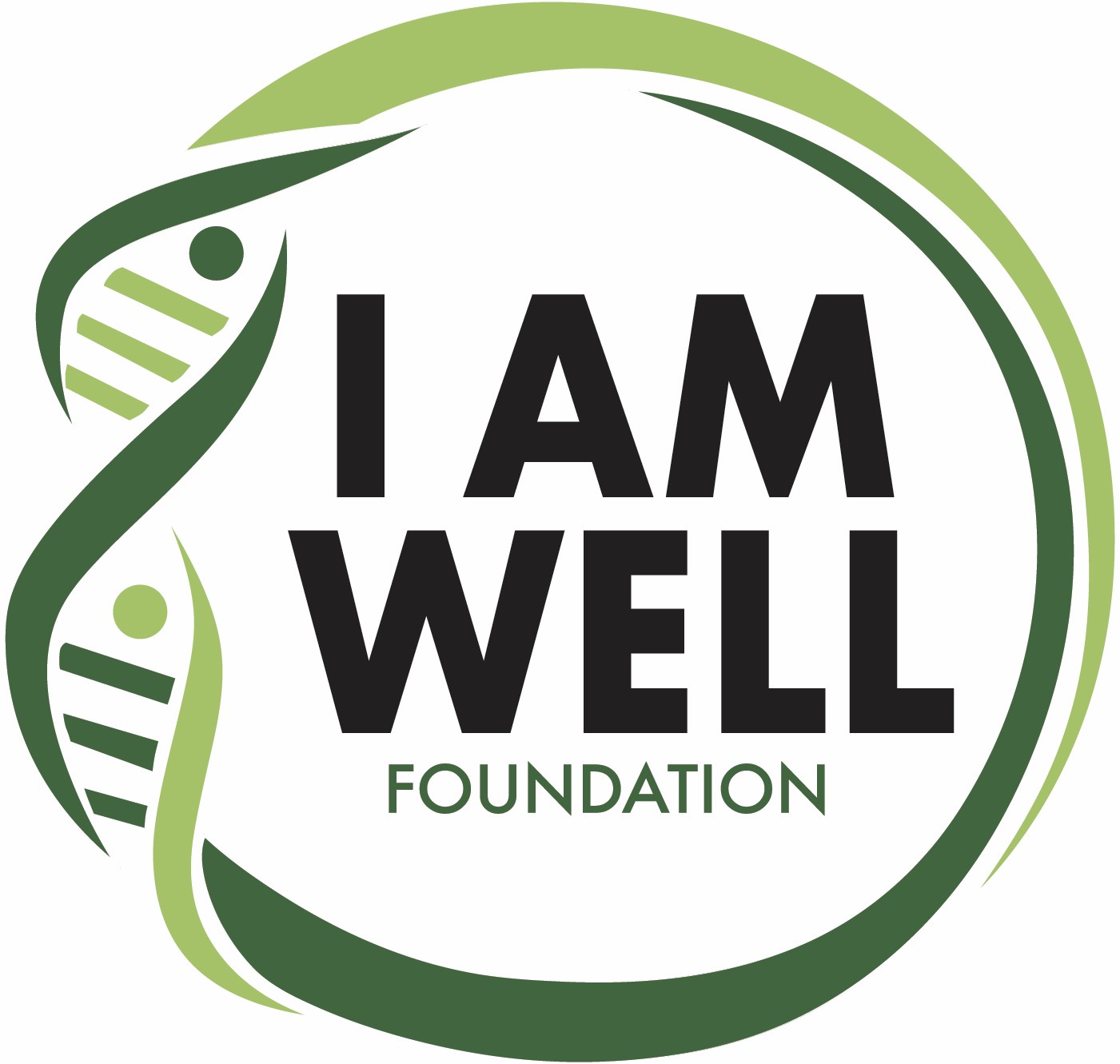EXOCRINE
The exocrine system is responsible for the body’s secretions, including those from the lymph nodes, sweat glands, saliva glands, eyes (tear ducts), mammary glands, pancreas, liver, pituitary glands, adrenal glands and others. Essentially, the exocrine system is responsible for lubrication and transfer of materials to and from organs, as well as outside the body (sweat).
Signs of Optimal Health & Wellness
The exocrine system impacts so many parts of the body, it can be difficult to ensure things are going well. However, basic functioning of some of the body’s main organs and processes tend to indicate the exocrine system is working appropriately. These might include:
- Overall feeling of wellness and hydration
- Proper eye lubrication (lack of dryness or itchiness)
- Fresh breath and mouth lubrication
- Normal cooling through sweating
Warning Signs
Indicators of warning or decline tend to occur when there is an over- or underproduction of secretions, or a blockage.
- Skin and sweat disorders
- Bone pain
- Muscle pain
- Night blindness or dry eyes
- Dry mouth
- Difficulty thinking
- Joint aches
- Headshakes
- Sexual dysfunction
- Thrush
- Fatigue
- Frequent urination
- Discharge
- On-going diarrhea
SELF EVALUATION
Proper nutrition and hydration are critical to support the exocrine system. Ensuring proper daily intake of recommended water, protein, vitamins and minerals is one way to address symptoms of decline in the exocrine system. Body scraping and body brushing are processes designed to move fluids throughout the body. It can help distribute blockages and build ups in the exocrine system in some cases.
SELF-CARE
- Healthy eating
- Hydration
- Vitamins
- Body scraping
GET SUPPORT
When certain conditions exist, medical attention may be needed right away. These include noticeable swelling or shrinking of the organs, prolonged joint aches, headshakes or sexual dysfunction, chronic fatigue or diarrhea, low blood pressure and sudden weight loss, and severe skin abrasions. Prevention and support may include:
EMERGENCY
If you or someone you know are experiencing severe body shakes, or fainting:
- Dial 911: or
- Go the nearest hospital emergency room
